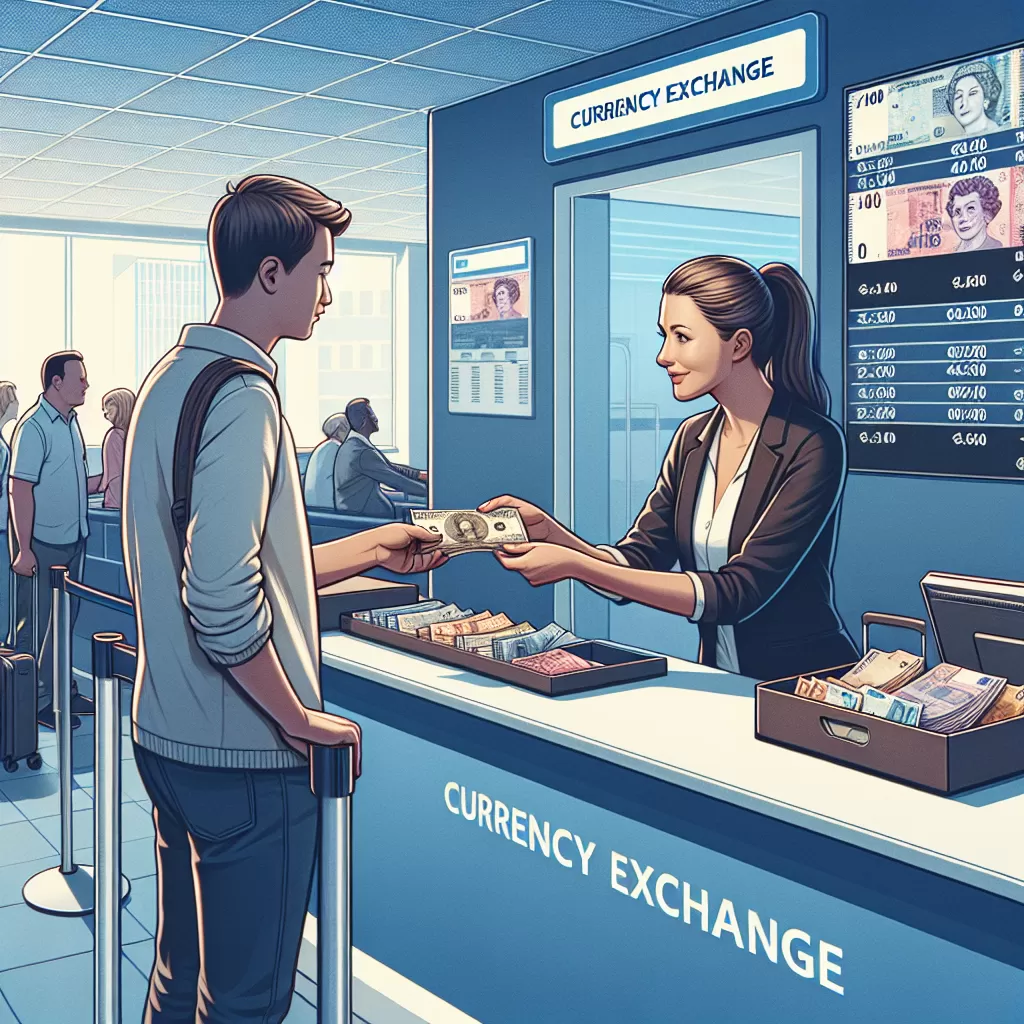How To Exchange Currency At A Bank
Follow Currency Mart April 10, 2024
Where to purchase Foreign Currencies?

Introduction
When it comes to international travels, business transactions, or online shopping on overseas sites, handling different currencies becomes inevitable. One of the primary locations to exchange currency is a bank. This article will guide you thoroughly on how to exchange currency at a bank, the options available, and some critical points to consider.Benefits of Exchanging Currency at a Bank
Banks are reliable and secure financial institutions for currency exchange, offering convenience and safety. Bank employees can provide essential information about the exchange process, including rates, and you'll have the assurance of a well-regulated institution handling your money. Banks are also widespread, making them easily accessible in most regions of the world.Preparatory Steps
Before you visit the bank to exchange your currency, ensure you know the current exchange rate. You can check it online or in financial news. Knowing this rate allows you to make informed decisions and prevent being taken advantage of.What You Need to Exchange Currency at a Bank
When you visit the bank to exchange your currency, ensure you carry a government-issued identification document. Depending on the bank's policy, you may also require proof of address and a bank account. If you're travelling and intend to exchange a significant amount, inform the bank ahead, as they might not have enough currency on hand.Procedure for Exchanging Currency at a Bank
1. Visit the bank: You can either go to your home bank (the bank where you maintain accounts) or any local bank. Typically, home banks provide better exchange rates to their customers. 2. Speak to a teller: Once you're inside the bank, speak to a teller about your intent to exchange your currency. The teller will provide detail about their process and current exchange rates. 3. Provide identification: You will be required to show identification and perhaps, account details if required. 4. Number crunching: The bank teller will calculate the exchange rate against the amount of money you wish to exchange. 5. Confirm and Complete the Transaction: Once you are satisfied with the given exchange rate, the transaction is completed, and you receive your new currency.Online Currency Exchange Through Bank
Many banks now provide online currency exchange services. Log into your online account, find the currency exchange option, and follow the instructions. Online exchanges often offer better rates and are convenient, though you might need to wait for a few days if you want the cash.Costs of Using Banks for Currency Exchange
Before you exchange currency in a bank, understand that banks often charge fees and commissions. Aside from the standard exchange rate, banks may apply a service fee or a foreign transaction fee. The fee often depends on the amount you wish to exchange. Make sure to inquire about the exact costs beforehand.Conclusion
Exchanging currency at a bank is quite straightforward and comes with numerous benefits such as safety, convenience, and valuable financial advice. However, it's crucial to know the recent exchange rates and the bank's fees for currency exchange. With these simple steps and considerations, you can exchange currencies effortlessly and confidently at a bank.
Where to purchase Foreign Currencies?